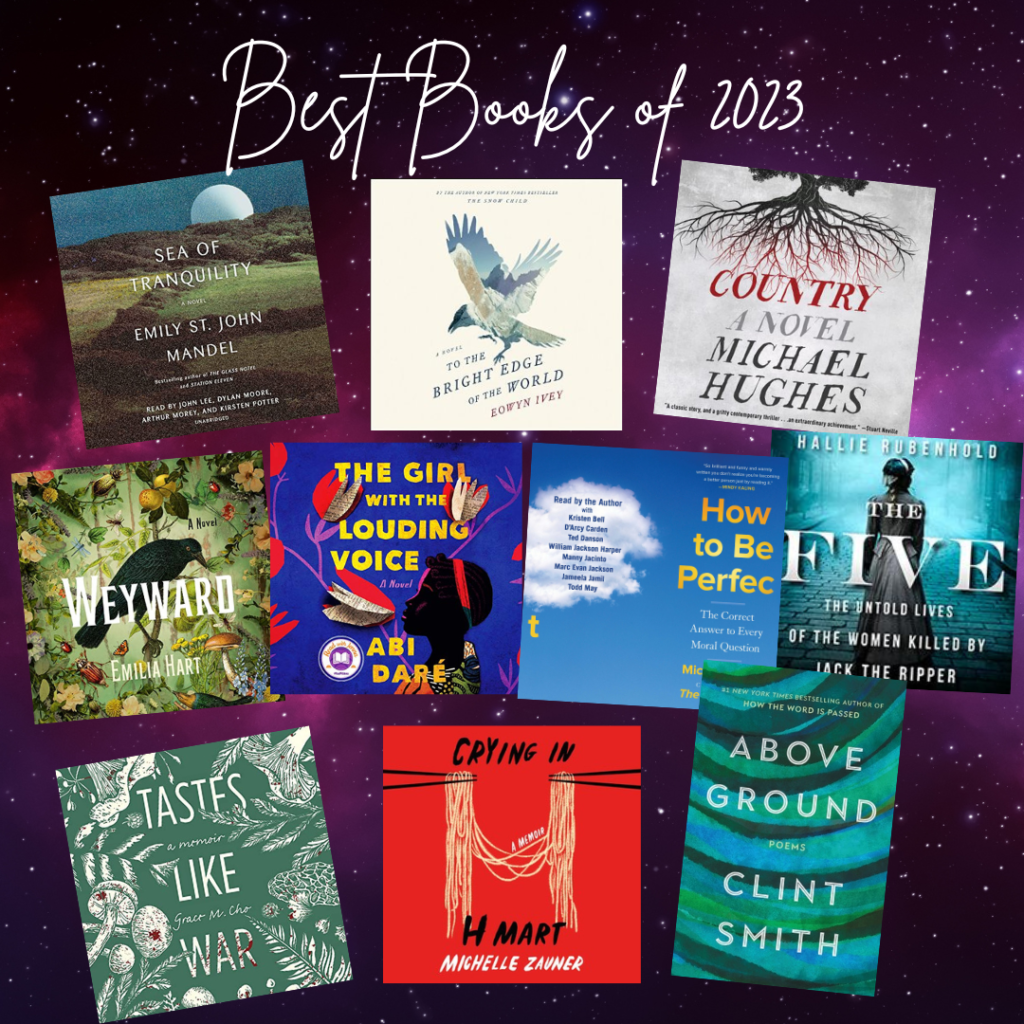
I read 61 books this year, but I cannot claim it was a standout year in terms of reading. Many of the books I read were not all that memorable, and some were not very good.
I usually like to compile some statistics about my reading. According to my Goodreads Year in Books, I read 19,146. I don’t know how it figures in audiobooks, so that may be pretty inaccurate. The average length of the books I read was 313 pages. My average rating was 4.4 stars, which surprised me since I didn’t feel like it was all that memorable a reading year. Here is a breakdown of genres:
- 38 works of fiction (novels)
- 3 poetry collections
- 19 works of nonfiction, including 5 memoirs
- 1 graphic nonfiction
- 3 re-reads
- 9 books that had been on my TBR for more than a year
Probably my favorite book this year was Emily St. John Mandel’s Sea of Tranquility. However, the following books also made my favorites list:
- To the Bright Edge of the World by Eowyn Ivey
- Country by Michael Hughes
- Weyward by Emilia Hart
- The Girl with the Louding Voice by Abi Daré
- How to Be Perfect by Michael Schur
- The Five: The Untold Lives of the Women Killed by Jack the Ripper by Hallie Rubenhold
- Tastes Like War by Grace M. Cho
- Crying in H Mart by Michelle Zauner
- Above Ground by Clint Smith
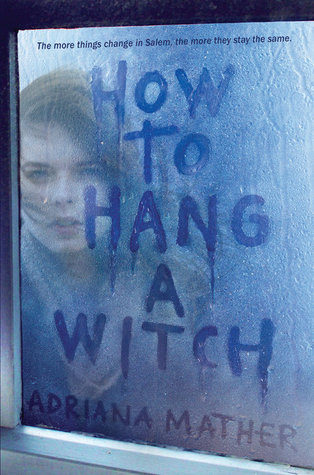 How to Hang a Witch (How to Hang a Witch, #1) by
How to Hang a Witch (How to Hang a Witch, #1) by 
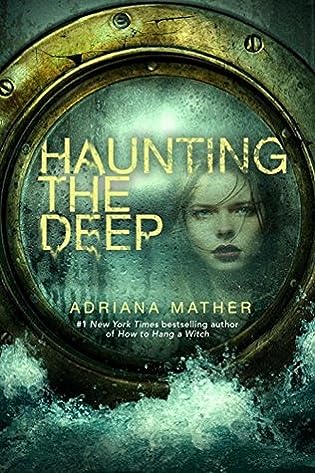 Haunting the Deep (How to Hang a Witch, #2) by
Haunting the Deep (How to Hang a Witch, #2) by 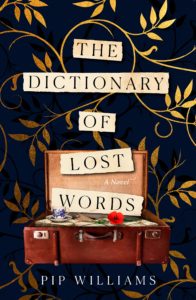 The Dictionary of Lost Words by
The Dictionary of Lost Words by 
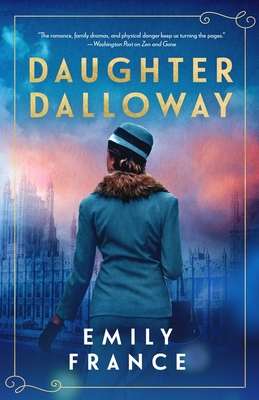 Daughter Dalloway by
Daughter Dalloway by 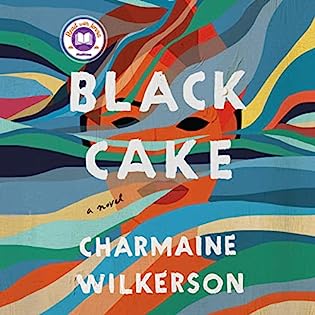 Black Cake by
Black Cake by 
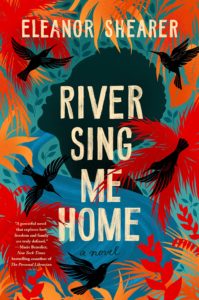 River Sing Me Home by
River Sing Me Home by 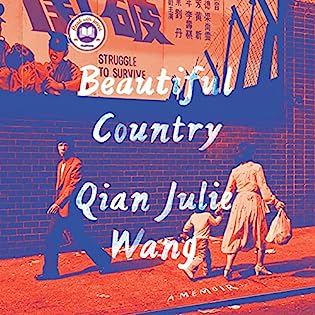 Beautiful Country: A Memoir by
Beautiful Country: A Memoir by 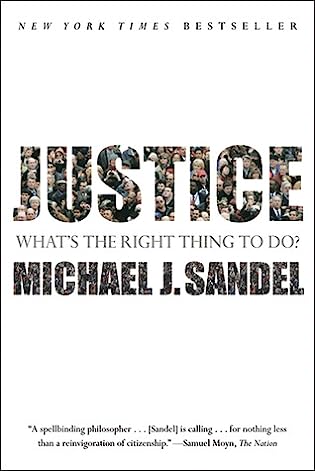 Justice: What's the Right Thing to Do? by
Justice: What's the Right Thing to Do? by 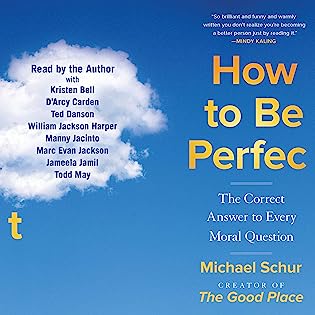 How to Be Perfect: The Correct Answer to Every Moral Question by
How to Be Perfect: The Correct Answer to Every Moral Question by 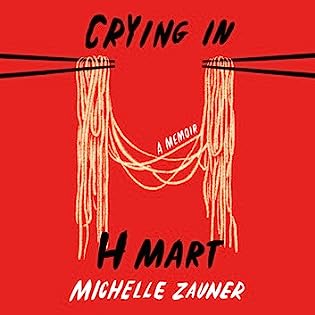 Crying in H Mart by
Crying in H Mart by